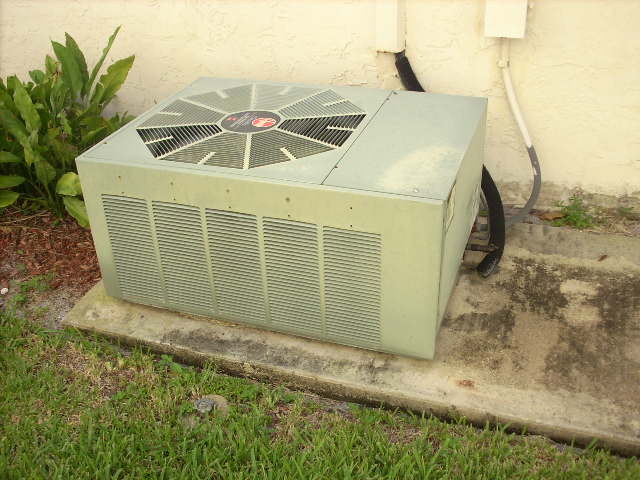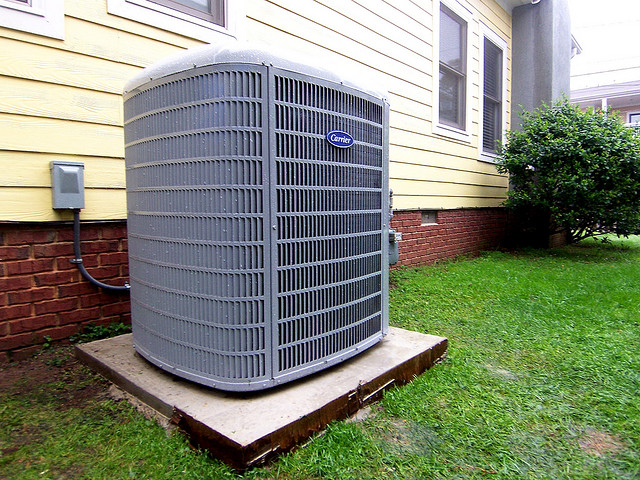In the scorching heat of summer, your air conditioner becomes your best friend, providing cool relief from the relentless sun. But have you ever wondered how efficient your AC unit is? That’s where SEER ratings come into play. SEER, or Seasonal Energy Efficiency Ratio, is a measure of the cooling output of an air conditioner divided by the energy it consumes over a typical cooling season. Understanding SEER ratings is essential for homeowners looking to maximize comfort while minimizing energy bills. In this comprehensive guide, we’ll delve into everything you need to know about SEER ratings and how to determine the efficiency of your air conditioner.
What is a SEER Rating?
SEER rating is a numerical representation of an air conditioner’s efficiency. The higher the SEER rating, the more energy-efficient the unit is. SEER ratings typically range from 13 to 25, with higher numbers indicating better efficiency. By comparing SEER ratings when shopping for a new air conditioner, you can choose a model that will provide optimal cooling performance while keeping energy costs in check.
How SEER Ratings are Calculated
SEER ratings are calculated based on standardized laboratory tests that simulate typical weather conditions over an entire cooling season. These tests measure the amount of cooling provided by the air conditioner in British thermal units (BTUs) and divide it by the total energy consumption in watt-hours. The resulting ratio is the SEER rating.
Importance of SEER Ratings
Understanding SEER ratings is crucial for several reasons:
- Energy Efficiency: Higher SEER-rated air conditioners consume less energy, leading to lower utility bills and reduced environmental impact.
- Cost Savings: Investing in a high-SEER unit may involve a higher upfront cost but can result in significant long-term savings through reduced energy consumption.
- Comfort: Efficient air conditioners provide consistent cooling, maintaining a comfortable indoor environment even during the hottest days of summer.
- Environmental Impact: By reducing energy consumption, high-SEER air conditioners help lower greenhouse gas emissions and combat climate change.
How to Determine the SEER Rating of Your Air Conditioner
- Check the Manufacturer’s Label: The SEER rating is usually displayed prominently on the air conditioner’s manufacturer label. Look for a yellow Energy Guide label that provides information about the unit’s efficiency.
- Consult the Owner’s Manual: If you no longer have access to the manufacturer label, refer to the air conditioner’s owner’s manual. The SEER rating should be listed among the product specifications.
- Online Search: If all else fails, you can search for the model number of your air conditioner online. Many manufacturers provide detailed product information, including SEER ratings, on their websites. Visit abacusplumbing.com/cedar-park-air-conditioning/ if you need more information or have any questions about the efficiency of your air conditioner.

Improving Air Conditioner Efficiency
While the SEER rating primarily reflects the efficiency of the air conditioner itself, there are several steps you can take to optimize its performance and maximize energy savings:
- Regular Maintenance: Schedule annual maintenance checks to ensure your air conditioner is operating at peak efficiency. This includes cleaning or replacing air filters, checking refrigerant levels, and inspecting ductwork for leaks.
- Proper Installation: Proper installation is critical for optimizing efficiency. Ensure your air conditioner is installed by a qualified technician according to manufacturer specifications.
- Smart Thermostat: Invest in a programmable or smart thermostat to regulate your home’s temperature more efficiently. These devices allow you to set cooling schedules based on your daily routines and adjust settings remotely via smartphone apps.
- Energy-Efficient Upgrades: Consider upgrading to energy-efficient windows and doors, improving insulation, and sealing ductwork to reduce energy loss and enhance overall efficiency.
Conclusion
SEER ratings provide valuable insight into the efficiency of your air conditioner, helping you make informed decisions when purchasing or evaluating your existing unit. By understanding SEER ratings and implementing energy-saving strategies, you can enjoy cool comfort without breaking the bank. So take control of your indoor climate, stay cool, and save energy this summer!

